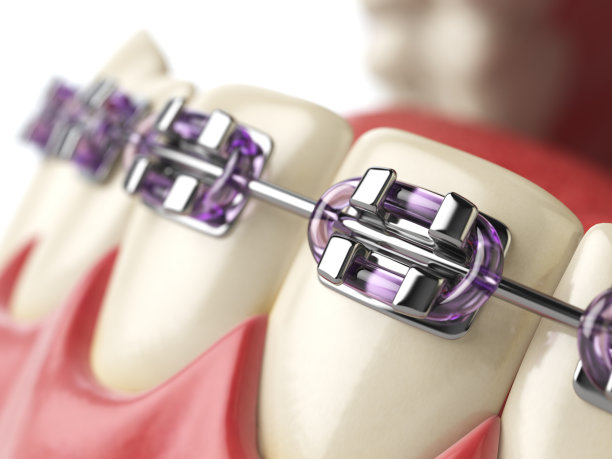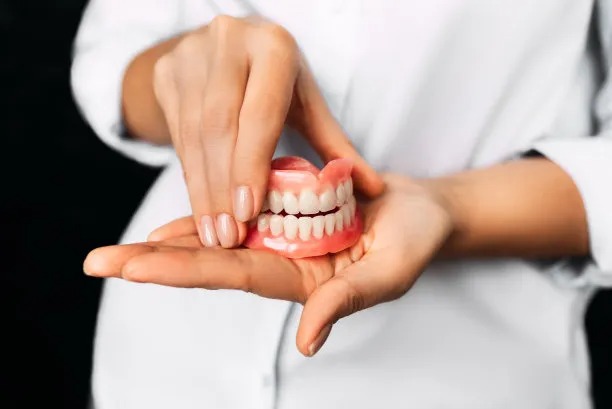Summary: Dental filling procedures are essential for restoring a tooths structure and preventing decay. However, to ensure optimal recovery and oral health, certain precautions should be taken both before and after the procedure. This article delves into four major aspects to consider: preparation for the dental appointment, care during the procedure, post-procedure guidelines, and steps for long-term oral health. By adhering to these precautions, patients can enhance their recovery experience, minimize discomfort, and maintain the integrity of their dental health.
1. Preparing for Your Dental Appointment

Prior to attending your dental appointment for a filling, it is crucial to communicate openly with your dentist. Discuss any medical conditions, allergies, or medications that might affect the procedure. This information helps the dentist tailor the treatment approach to suit your individual needs, ensuring better safety and comfort.
Additionally, consider scheduling your appointment at a time when you are least likely to feel rushed or stressed. A calm and collected mindset can significantly improve your experience. Being relaxed before the procedure allows you to absorb the dentists instructions more effectively.
Lastly, make sure to arrange for transportation if necessary. Some dental filling procedures may involve the use of sedation, which can impair your ability to drive. Having a trusted friend or family member accompany you will ensure you get home safely after your appointment.
2. Ensuring Comfort During the Procedure
Comfort during the dental filling procedure is paramount. Ensure that your dentist employs adequate numbing techniques, whether through local anesthesia or sedation, to mitigate any potential discomfort. Always inform your dentist if you feel any pain during the procedure, as they can adjust their techniques accordingly.
Its helpful to practice relaxation techniques beforehand, such as deep breathing or visualization, to manage anxiety in the dental chair. Many patients find that focusing on their breathing or imagining a peaceful environment can ease their apprehension.
Your dentist should also establish a clear signal for you to communicate if you need a break or feel overwhelmed during the procedure. Knowing you have a way to pause if needed can offer a greater sense of control and encourage you to feel more at ease.
3. Post-Procedure Care Guidelines
After the filling procedure, patients must adhere to specific post-care instructions to ensure optimum healing. One of the primary recommendations is to avoid eating or drinking until the anesthesia wears off, which typically takes a few hours. This helps prevent accidentally biting your cheek or tongue.
Additionally, it is advisable to stick to soft foods for the first 24 hours post-procedure. Foods that are soft and gentle on the teeth will help minimize any discomfort that may occur due to sensitivity or swelling. Avoiding hot or cold items initially is also recommended, as this can prevent triggering sensitivity.
Finally, maintaining excellent oral hygiene is vital following your filling. Gently brushing and flossing around the filled tooth will help keep it clean and reduce the risk of future decay. Your dentist may also recommend using a fluoride mouthwash to promote healing and strengthen the enamel surrounding the filling.
4. Long-Term Oral Health Maintenance
Long-term oral health requires commitment beyond just recovering from a dental filling. Scheduling regular dental check-ups every six months allows your dentist to monitor your filling and overall dental health. Promptly addressing any issues that arise can prevent minor problems from escalating.
Incorporating a robust dental hygiene routine at home is equally important. Regular brushing, flossing, and the use of mouthwash can significantly reduce the risk of future cavities and maintain oral health. Always opt for a fluoride toothpaste, as it helps to strengthen tooth enamel.
Finally, lifestyle choices play a significant role in oral health. Limiting sugary snacks and beverages can prevent decay and prolong the life of your filling. Staying hydrated and eating a balanced diet rich in vitamins and minerals will significantly benefit your oral health in the long run.
Summary:
In conclusion, adequately preparing for a dental filling, ensuring comfort during the procedure, adhering to post-care guidelines, and committing to long-term oral health strategies are essential for optimal recovery and maintaining dental integrity. By taking these precautions seriously, patients can achieve a smoother recovery experience and support their overall oral wellness.
This article is compiled by Vickong Dental and the content is for reference only.
Vickong Dental
Vickong Dental is a large medical group established in Hong Kong in 2008 by professors from well-known medical universities in Guangdong and Hong Kong, as well as medical doctors from key national '985' universities (including Master's supervisors and senior professors). The chain of branches brings together expert dentists with PhDs and Master's degrees from Hong Kong and Mainland China, committed to providing high-quality dental treatment.
"Vickong Dental Practices the University Motto of 'Healing and Serving Society,' with a Stable Operation for Sixteen Years. It Has Been honored with Hong Kong Enterprise Leaders's Choice,' and is a Global Trusted Implant Center for the Nobel Implant System. Recommended by Hong Kong Metro Broadcast and Guangdong Television, it Serves Customers from Over Thirty Countries and Regions, Gaining the Trust and Favor of Citizens from the Guangdong-Hong Kong-Macau Greater Bay Area and Surrounding Cities.

Thousands of customers' unanimous praise
The most recognized and highly recommended dental service by customers in the Guangdong-Hong Kong-Macau Greater Bay Area
We Ensure You Receive Detailed Care and Attention Here
Hong Kong standards, Shenzhen prices, Your Trusted English-speaking dentists

Vickong Dental Medical-Grade Instrument Disinfection Process
Vickong Dental Medical-Grade Instrument Disinfection Process

Vickong Dental Chain: A Warm and Comfortable Environment for Treatment






Appointment Hours

Q&A
Why choose Vickong Dental?
Vickong Dental practices the university motto 「Medicine to Benefit Society」, with each branch bringing together highly qualified dentists with doctoral and master’s degrees from Hong Kong and the Mainland, and has maintained seventeen years of steady operation。Recipient of 「2024 Hong Kong Enterprise Leaders Brand」, 「2025 Hong Kong Enterprise Leaders Brand」, a Nobel Biocare Global Trusted Implant Center, and a brand recommended by Metro Radio Hong Kong and Guangdong TV。
To date, we have served customers from more than thirty countries and regions,earning exceptionally high word-of-mouth recognition and trusted recommendations from residents across the Guangdong-Hong Kong-Macao Greater Bay Area and surrounding cities
We have eight major branches in Zhuhai、Shenzhen,and a consultation and service assurance center in Hong Kong,so you can book a free consultation at any time for any questions,which is very reassuring.
If I do not accept the quotation after the CT scan, will I be charged??
No! As long as the actual treatment has not started, you will not be charged any fees.
Will there be any additional charges during the treatment process?
No, there won’t be any additional charges. Before treatment begins, we will clearly explain the treatment plan and its corresponding fees. Only after the patient agrees and signs the consent form will we proceed with the dental service.
Can I pay in Hong Kong dollars?
Yes. Vickong Dental accepts payment in Hong Kong dollars. The amount will be converted based on the exchange rate of the day, and the applicable rate will be clearly communicated to you in advance.
Can I reschedule my appointment at any time?
Yes. Please contact us via **WeChat** or **WhatsApp** as early as possible, providing your original appointment time and details, along with your preferred new date and time slot for rescheduling.













